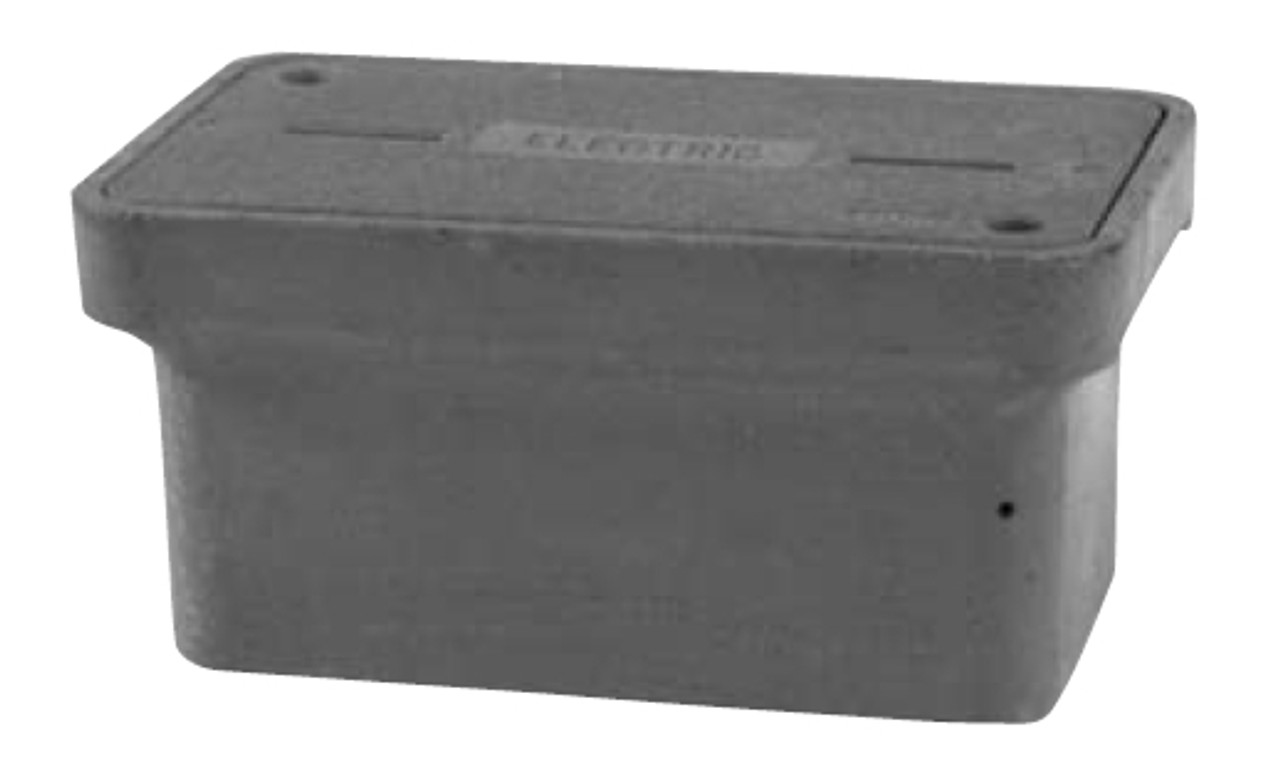Product Description
What Is Polymer Concrete?
Polymer concrete is made from selectively-graded aggregates in combination with a polymer resin system. When combined through a process of mixing, molding and curing, an extremely powerful cross-linked bond is formed. Precast polymer concrete is reinforced with fiberglass for exceptional strength and rigidity.
Why Use Polymer Concrete?
- Lightweight — 1/10 to 1/3 the weight of concrete
- High Strength — compressive, flexural and tensile strengths three to five times higher than traditional concrete
- Reduced Installation Costs — easy to handle, no special equipment required
- Stable Under Freeze/Thaw Conditions
- Impact Resistant — tested per ASTM D-2444
- Low Water Absorption — less than 1% per ASTM D-570
- Corrosion Resistant — resistant to alkalines, acids, weathering and other forms of deterioration
- Cost Effective — outperforms conventional materials for longer service and lower life cycle costs
- Nonflammable — will not support combustion
- Nonconductive — no grounding required for the box or cover
Design Possibilities
Precast polymer concrete offers a variety of design possibilities.
- Development of New Parts — Years of experience enable QUAZITE® engineers to produce custom designed parts to your specifications.
- Size — Monolithic boxes are being made up to 4’ x 8’ x 4’. Pads for cabinets or equipment enclosures are currently being made as small as 25” x 38” and as large as 93” x 93” and even larger when bolted together. If other sizes are required, contact your local QUAZITE® representative.
- Composite Design — An experienced staff is available to assist in the development of specifications and design of products.
- Custom Accessories — Many options are available for QUAZITE® products, including racking and struts, knockouts, holes, logos, terminators, gaskets, pulling eyes, and numerous other options. Please see pages 53 - 59 in the Quazite catalog for a complete listing of options.
Mechanical Properties
- Modulus of elasticity 1 to 2.4 x 106 psi
- Compressive strength 9,000-15,000 psi
- Flexural strength 3,000-6,000 psi
- Impact energy 30-72 ft.-lbs.
- Tensile strength 800-1,100 psi
Chemical Resistance - per ANSI/SCTE 77, Section 4
Tested according to the requirements of ASTM Method D-543, Section 7, Procedure 1 for chemical resistance, using the following chemicals in the concentrations noted:
CHEMICAL CONCENTRATION
- Sodium Chloride 5%
- Sulfuric Acid 0.1N
- Hydrochloric Acid 0.2N
- Sodium Hydroxide 0.1N
Properties will vary depending upon the particular formulation. Customized properties can be achieved by using nonstandard resins, by changing or adding reinforcements, and by tailoring the overall composite design.
Physical Properties
- Freeze/thaw resistance (2,500 cycles) No significant change
- Density 85-150 lbs./cu. ft.
- Barcol hardness 45
- Coefficient of friction (covers) Greater than 0.5
- Water absorption Less than 1%
- Typical Properties of Polymer Concrete
- The strong polymer concrete construction allows QUAZITE® enclosures to be stacked for even greater depths.
- Precast Polymer Concrete


